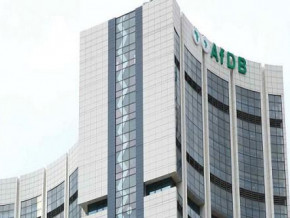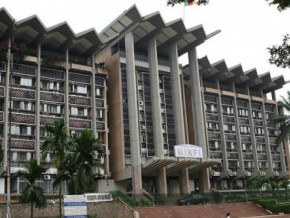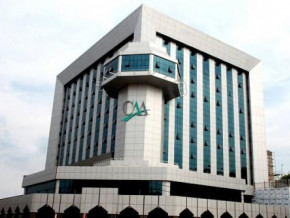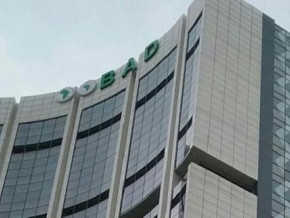
Yaoundé - 26 April 2024 -
Hydrocarbons
Cameroon officially becomes a liquefied natural gas producer
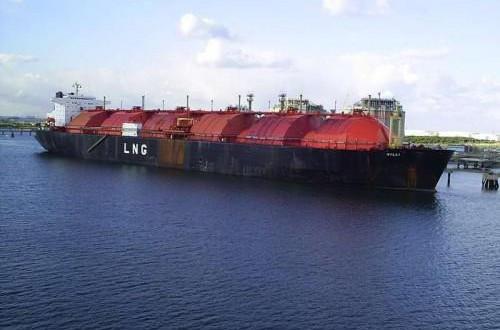
(Business in Cameroon) - Today, Monday, 12, 2018, Golar LNG confirmed that Hili Episeyo has launched operation. This is the third liquefaction plant in the Gulf of Guinea after Nigeria LNG and Angola LNG and it is the first liquefaction plant in the region. For the time being, Perenco and SNH made no comment.
For the record, the plant launched its operation with 3-4 months delay. According to SNH, during its exploitation phase, it will create about 100 jobs and produce 1.2 million tons of Liquefied natural gas for exports. It will also produce 5,000 tons of condensate daily and 30,000 tons of domestic gas per year, to satisfy the local demand probably.
Olivier de Souza
Mags frontpage
- Most read 7 days
- shared 1 month
- read 1 month
next
prev



